A recent poll by Monmouth University revealed that about one-third of Republicans believe in a conspiracy theory involving Taylor Swift.
According to the poll, these individuals think Swift is part of a covert government operation aimed at ensuring Joe Biden’s victory in the 2024 presidential election. This theory, lacking any factual evidence, gained traction in right-wing media circles particularly around Super Bowl LVIII.
The Nature of the Conspiracy
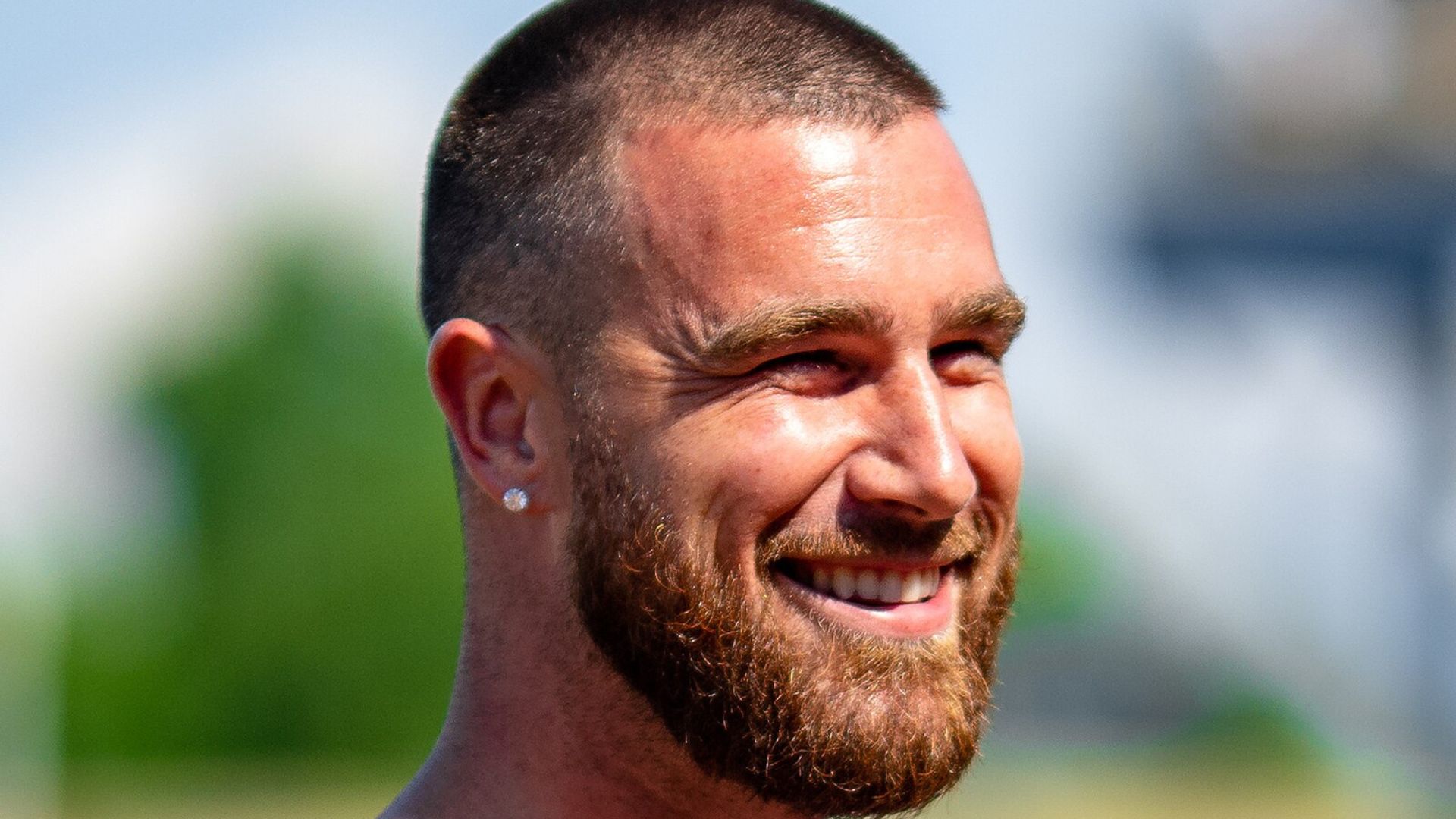
The Guardian reports that the conspiracy suggests that Taylor Swift’s relationship with Kansas City Chiefs tight end Travis Kelce is a government-fabricated plot.
The aim was allegedly to use Swift’s influence, amplified by the Chiefs’ Super Bowl victory, to endorse Biden, thus affecting the election outcome. This theory, despite being unfounded, has moved from fringe to more widespread discussion.
Public Perception and Poll Findings
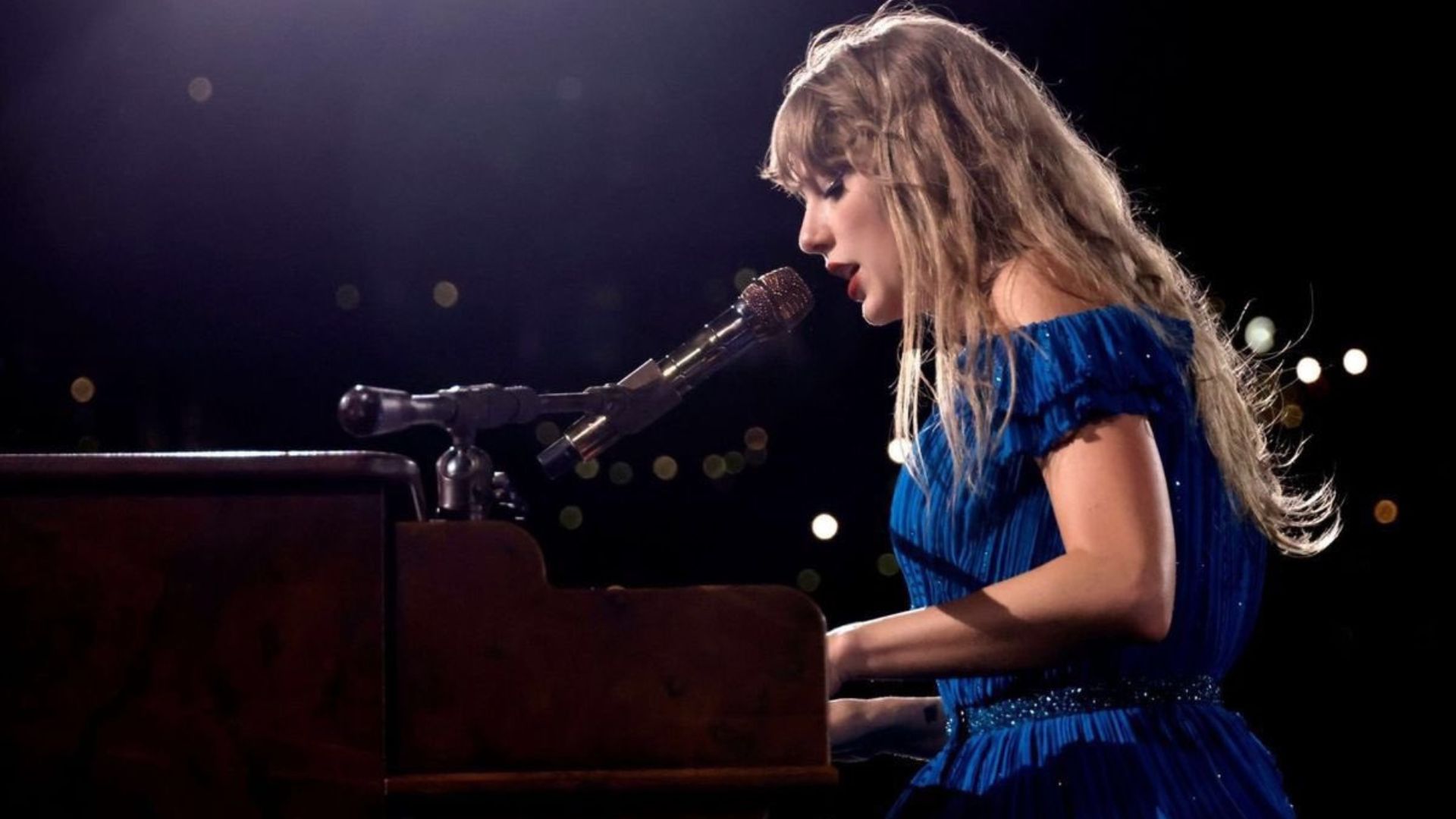
The poll found that while 46% of the 902 US adults surveyed had heard of the conspiracy, 18% across the board believed it.
Republicans were the most likely to find it credible, with 32%, the largest of any political ideology, believing in the conspiracy.
Influence of Conspiracy Theories
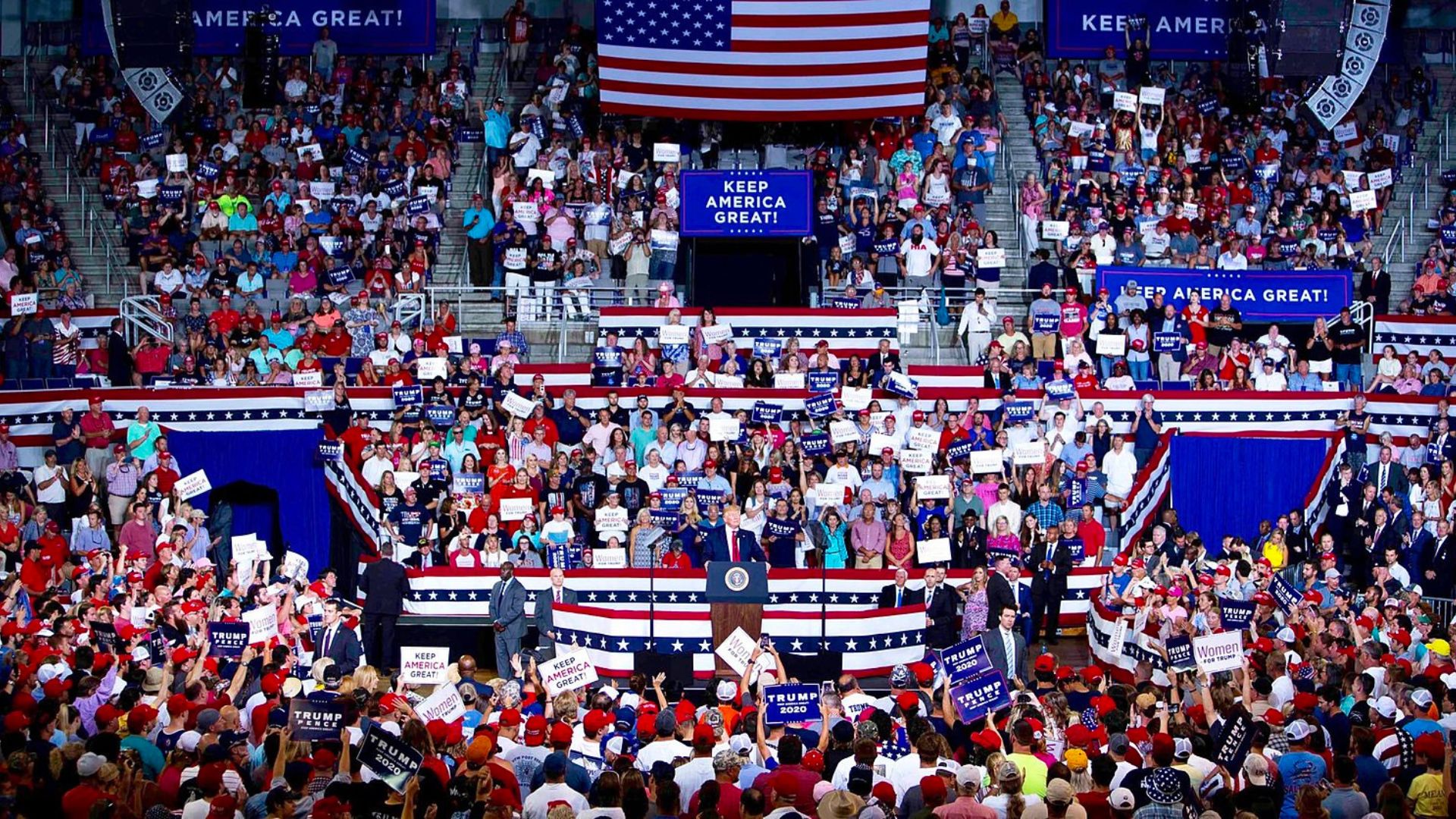
Patrick Murray, director of the Monmouth University Polling Institute, highlighted the traction of the Taylor Swift conspiracy among Trump supporters.
He noted, “Even many who hadn’t heard about it before we polled them accept the idea as credible.”
Political Figures and Media Personalities’ Roles
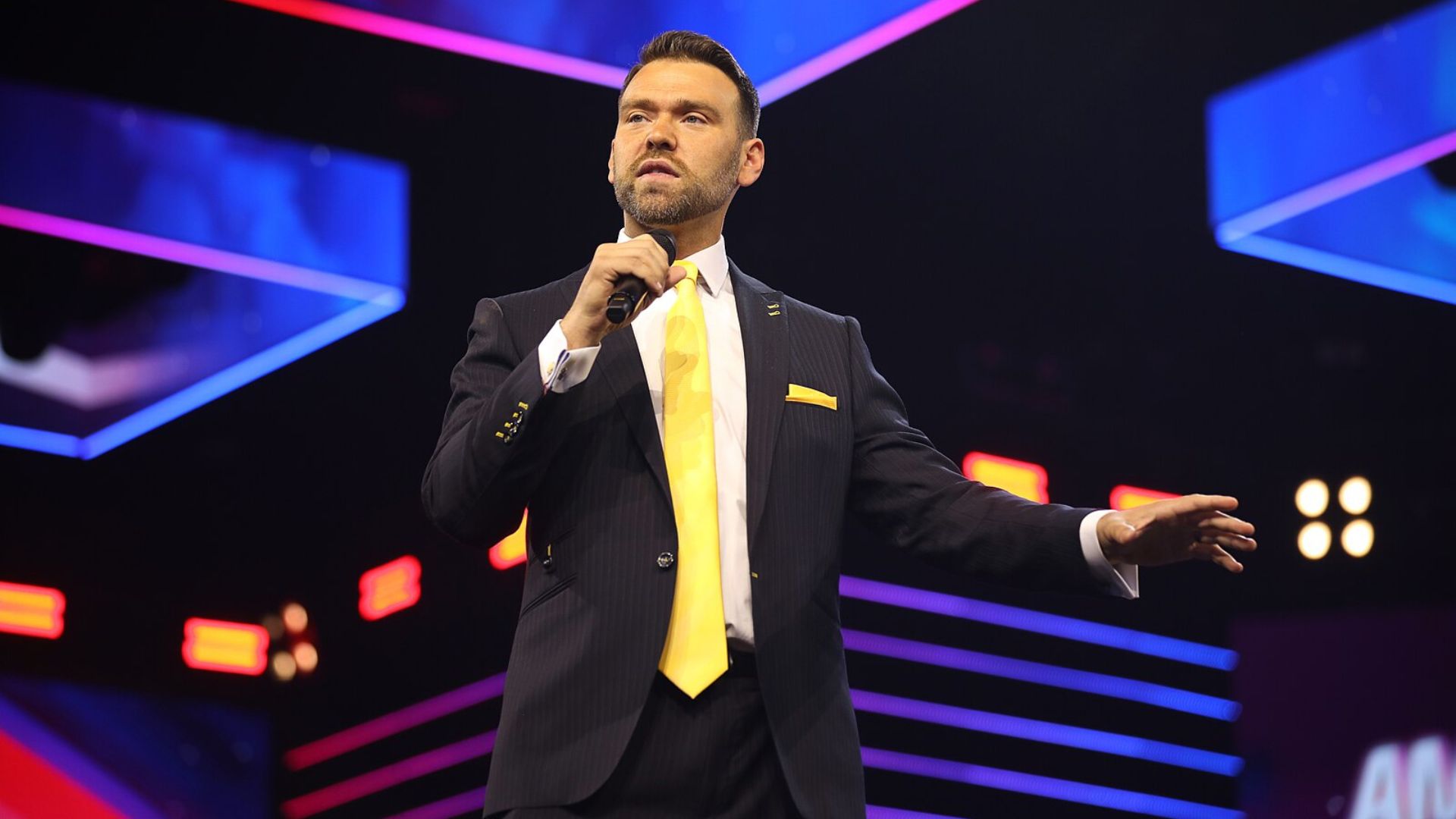
CNN reports that high-profile proponents of the theory, such as Vivek Ramaswamy, Jack Posobiec, and Benny Johnson, have been vocal in their support.
Their endorsements of the theory demonstrate how influential figures can amplify and legitimize baseless claims within certain communities.
Trump’s Attempt to Sway Swift
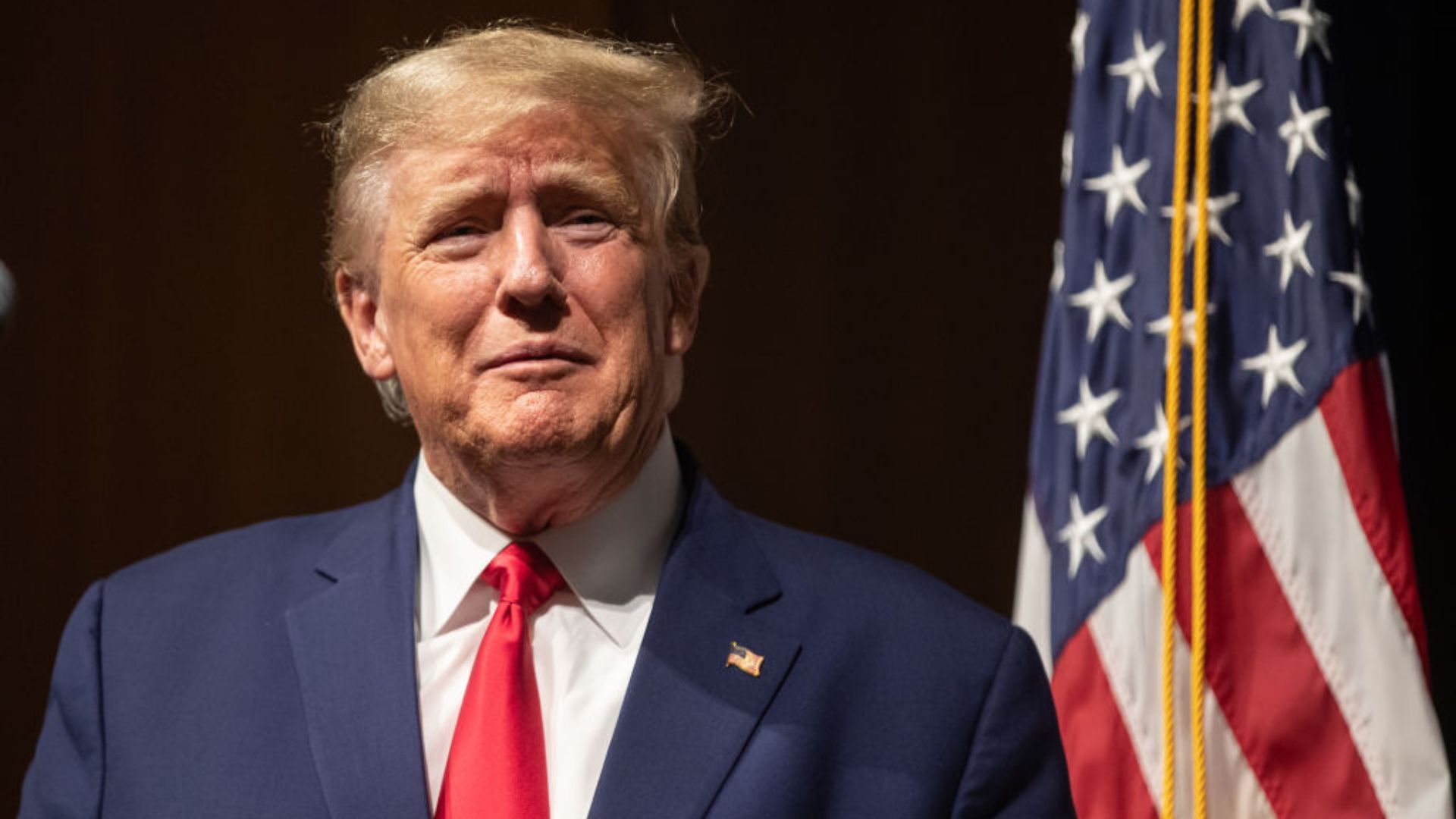
Former President Donald Trump also engaged with the narrative, writing about Swift in a post on Truth Social, writing “There’s no way she could endorse Crooked Joe Biden, the worst and most corrupt President in the History of our Country, and be disloyal to the man who made her so much money.”
“I like her boyfriend, Travis, even though he may be a Liberal, and probably can’t stand me!” Trump said.
GOP’s Openness to Conspiracies
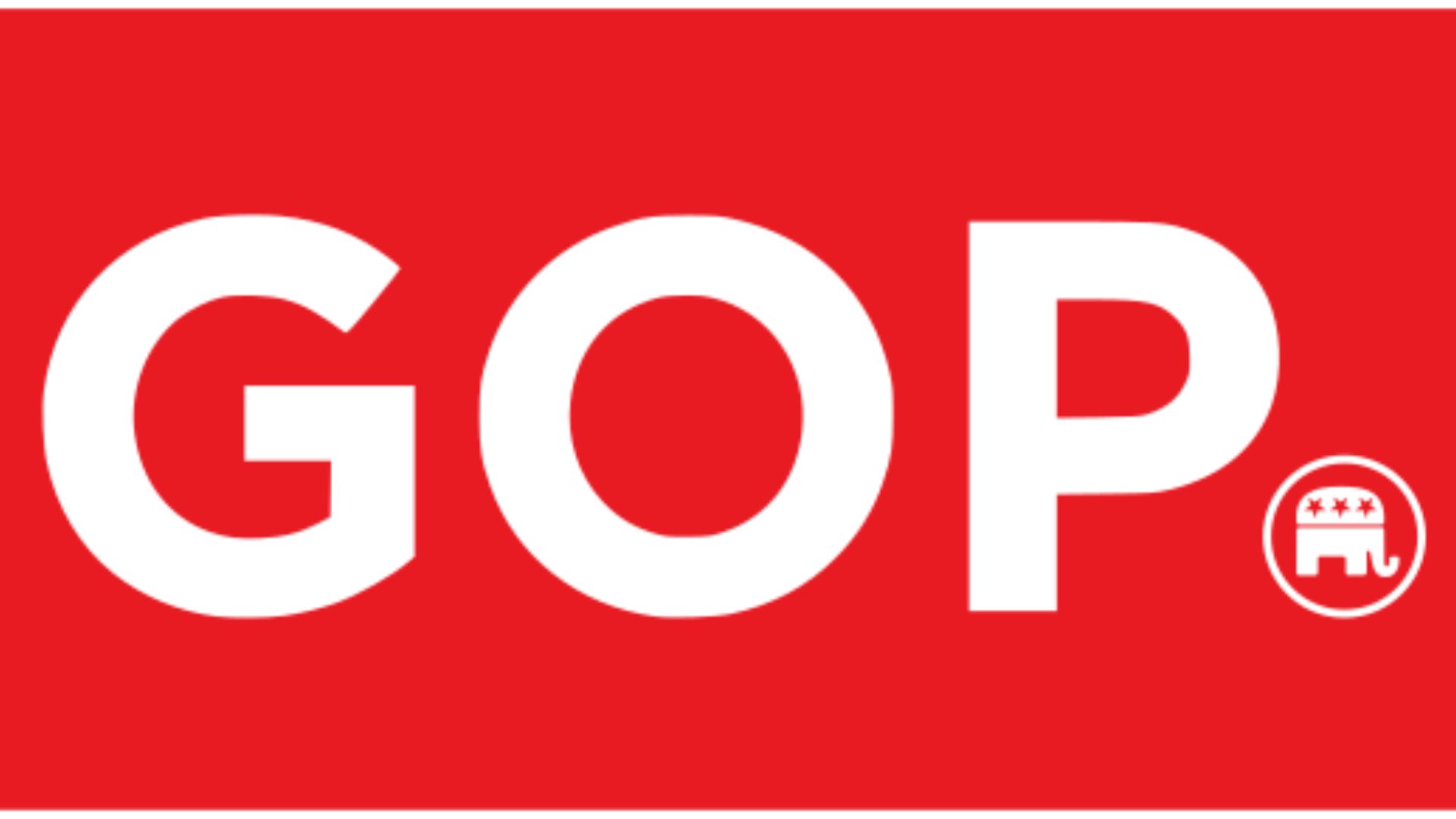
The Monmouth University poll indicates a notable openness among Republicans to believe in a “covert government effort” involving Swift.
Despite this, the survey found that 57% of Republicans rejected the notion, showcasing a party divided on the issue of baseless conspiracy theories.
Clarifying the Conspiracy’s Scope
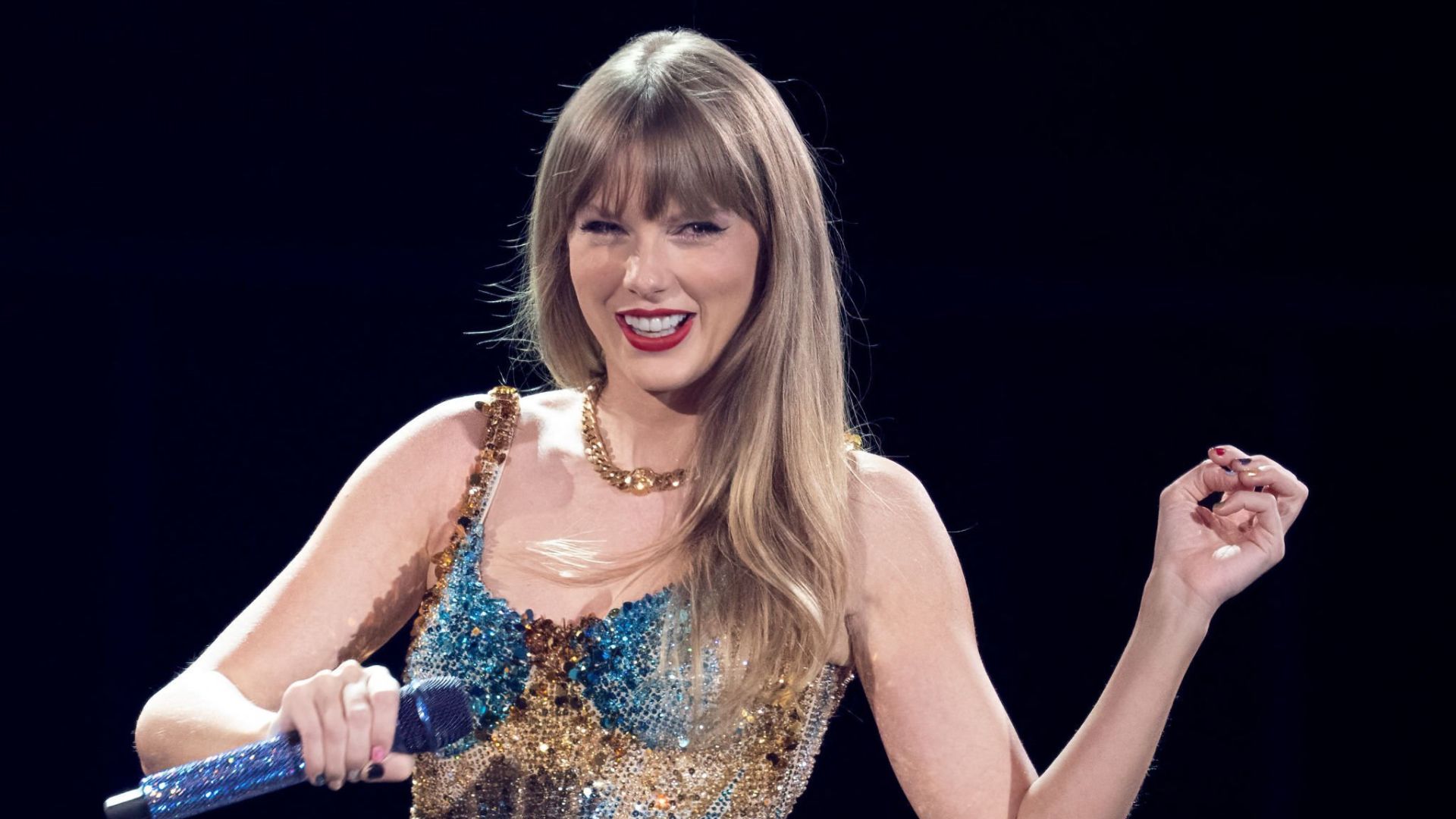
It’s crucial to distinguish between believing Swift will endorse Biden, as she did in 2020, and the more far-fetched aspects of the conspiracy.
The term “covert government effort” suggests a more sinister operation than mere celebrity endorsement, pointing to a deep-rooted suspicion among some poll respondents.
Media Influence on Belief Systems

The poll’s findings also suggest that media consumption plays a significant role in shaping beliefs regarding conspiracy theories.
Those familiar with the theory were almost evenly split on its credibility, The Washington Post suggests these findings highlight the impact of media in promoting such narratives.
Wider Trends in Conspiracy Belief
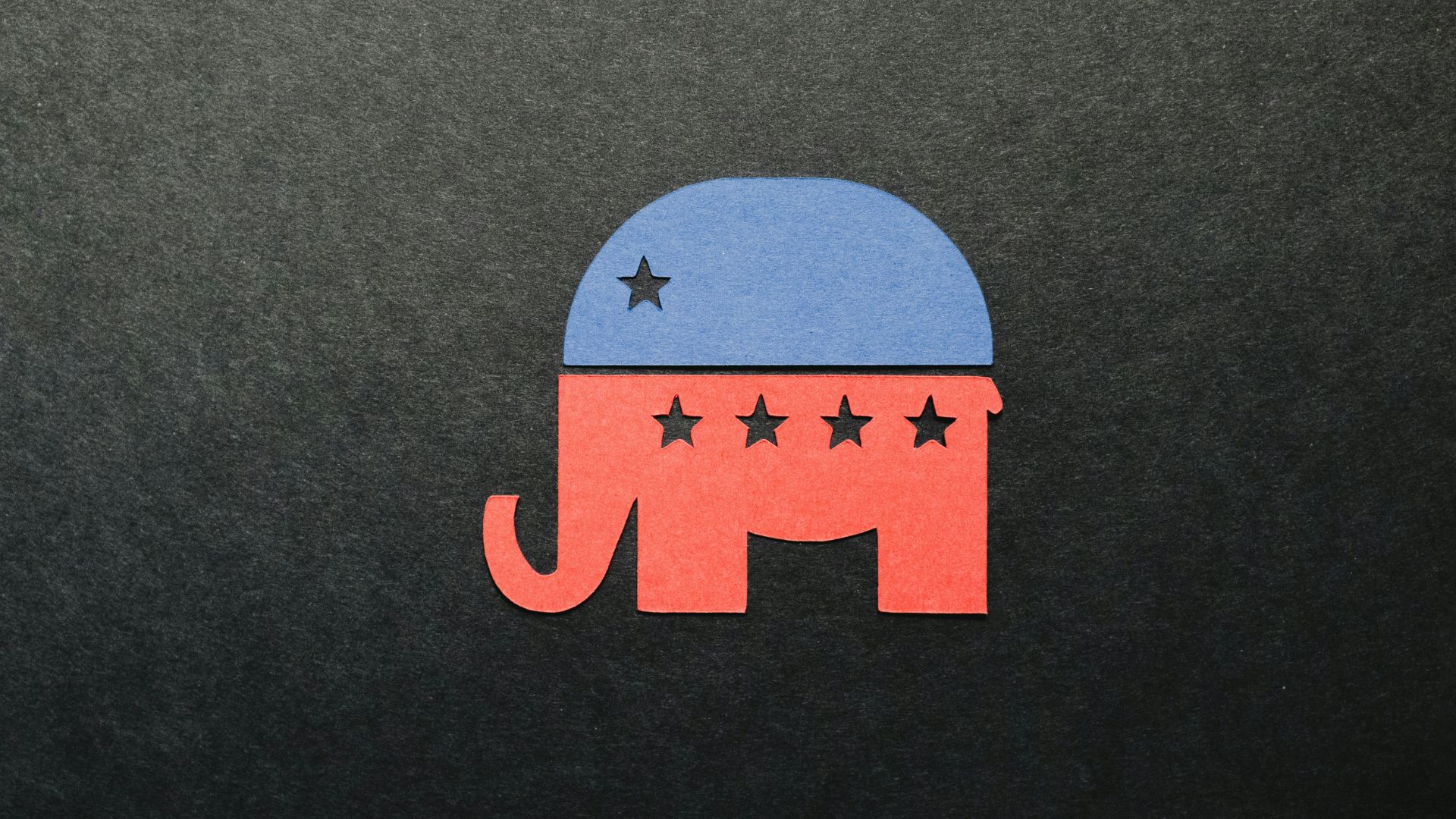
The Washington Post reports that this phenomenon is not isolated, as other polls have shown a significant portion of the Republican Party is susceptible to various conspiracy theories.
These conspiracies include theories about the FBI planting evidence and the legitimacy of the 2020 election results.
Nearly One in Five Americans Believe the Theory
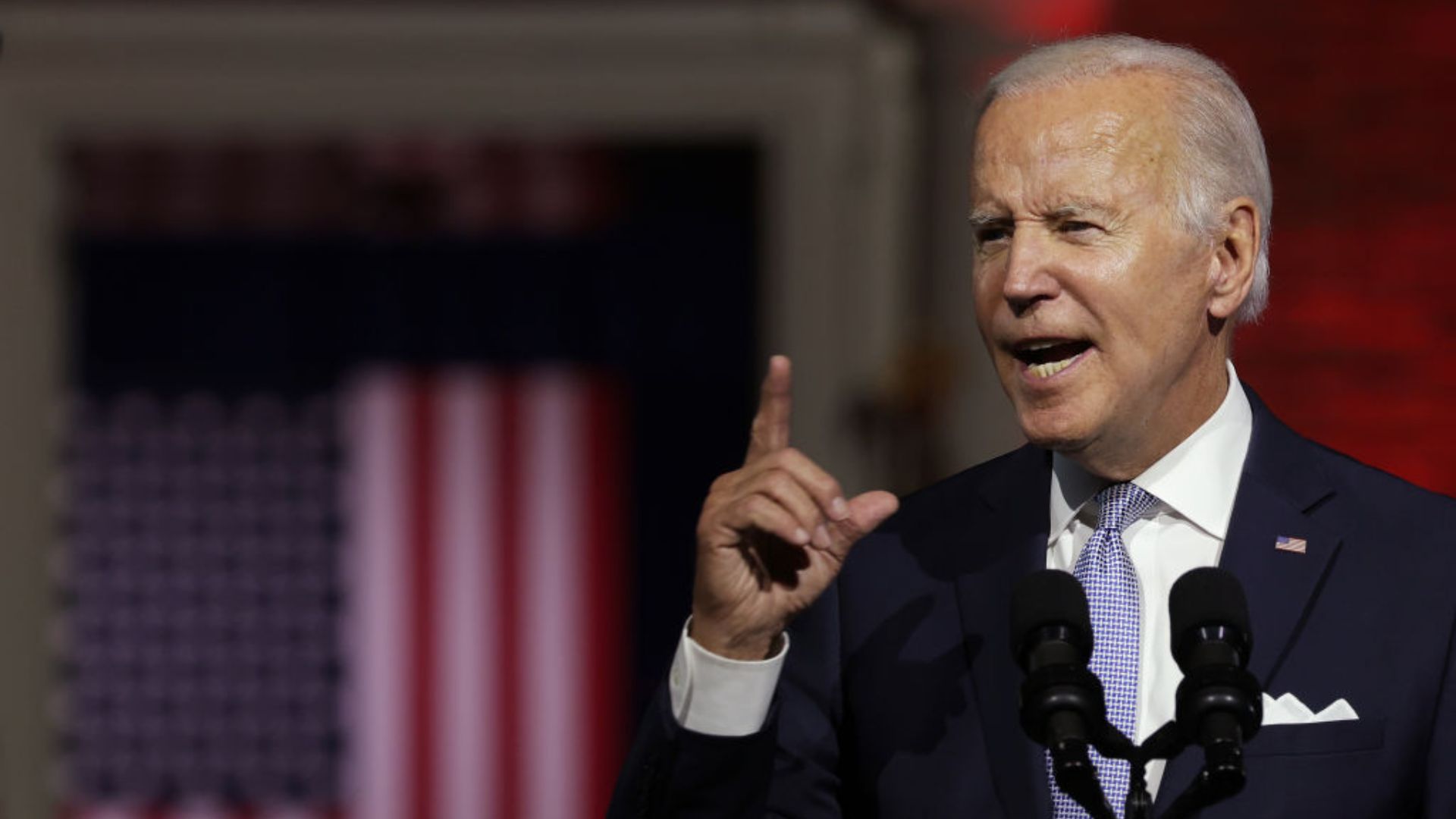
Despite its lack of evidence, the theory that Swift is conspiring to help Biden has found a foothold, with 18% of Americans surveyed by Monmouth University believing in it.
This highlights how conspiracy theories can spread.
Swift and Kelce’s Public Roles
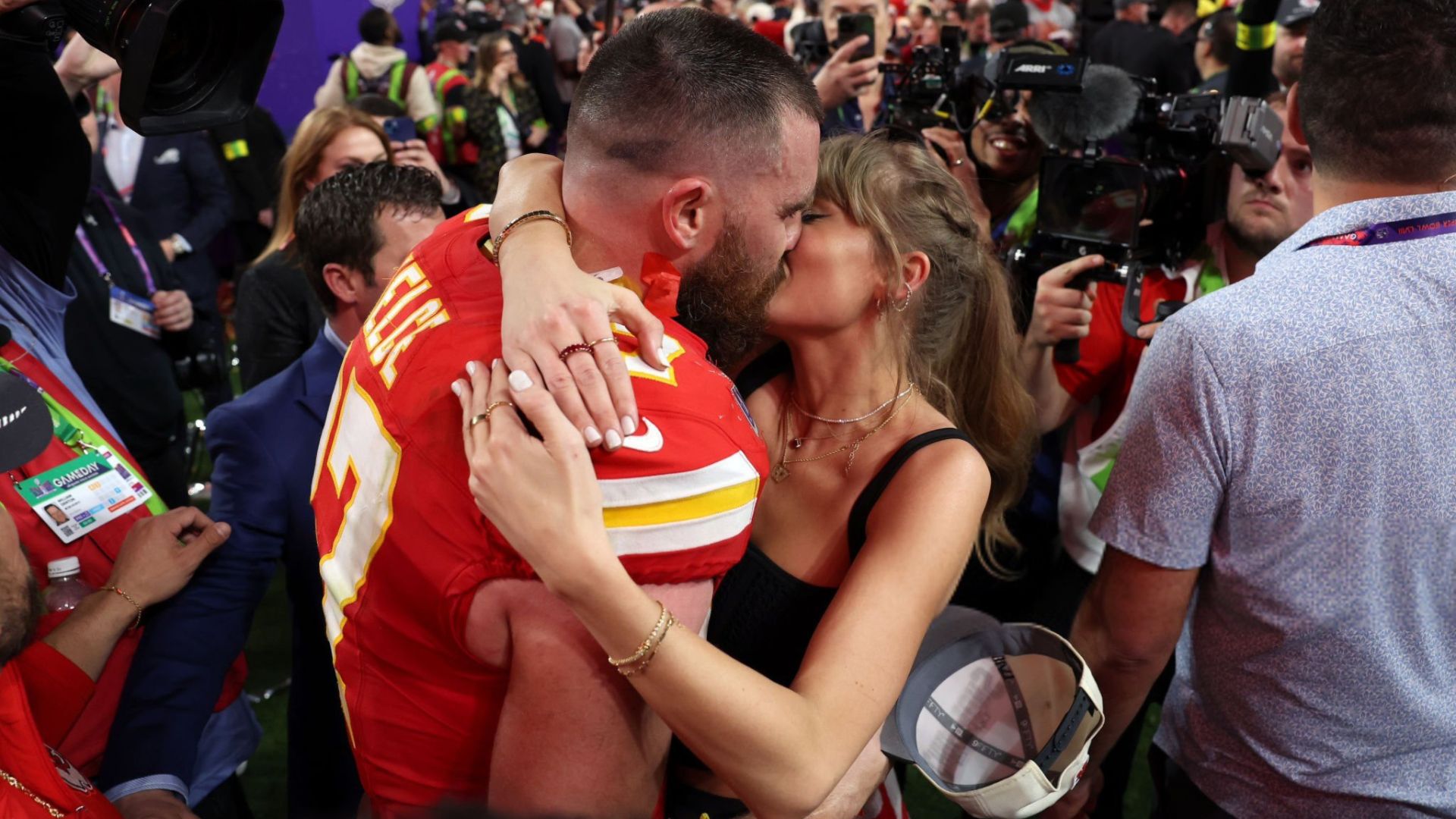
Taylor Swift and Travis Kelce’s public personas and activities have become unwitting focal points of this conspiracy theory.
The Guardian notes that Swift’s previous endorsement of Biden and Kelce’s endorsements of vaccinations and Bud-Light have caught the attention of conspiracy theorists, showcasing how celebrity actions can be misconstrued as part of broader political narratives.

